Lab-based testing for ecstasy
<
>
Related
Email Newsletter
Stay up-to-date with the latest news and information from the drug testing industry by subscribing to Results, our monthly newsletter.
 Your Privacy Choices
|
Privacy Notices
|
Terms
|
Language Assistance / Non-Discrimination Notice | Asistencia de Idiomas / Aviso de no Discriminación | 語言協助 / 不䈚視通知
Your Privacy Choices
|
Privacy Notices
|
Terms
|
Language Assistance / Non-Discrimination Notice | Asistencia de Idiomas / Aviso de no Discriminación | 語言協助 / 不䈚視通知
Quest, Quest Diagnostics, any associated logos, and all associated Quest Diagnostics registered or unregistered trademarks are the property of Quest Diagnostics. All third-party marks — ® and ™ — are the property of their respective owners. © 2000-2026 Quest Diagnostics Incorporated. All rights reserved.





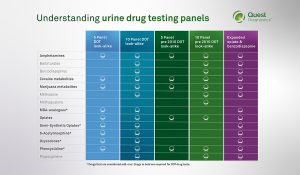
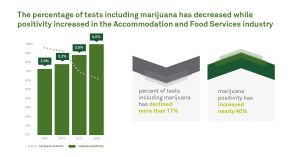


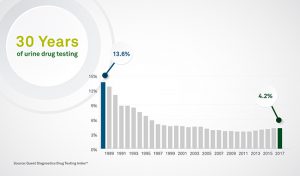
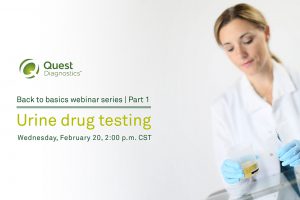

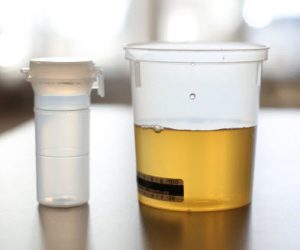







The adverse effects of MDMA include confusion, depression, anxiety, sleeplessness, nausea, sweating, chills, dry mouth, increased blood pressure and heart rate, memory loss, muscle tension, tremors and blurred vision.
Quest Diagnostics utilizes an ecstasy screen that uses enzyme immunoassay (EIA) and gas chromatography/mass spectrometry (GC/MS), the same state-of-the-art technology used for other workplace drug tests. The EIA screen produces results faster and easier than previously used technology. Testing for ecstasy can easily be added to your current drug-testing panel. If the EIA result is non-negative, the drug test specimen will undergo confirmatory testing using GC/MS technology.
For more information about drug testing, visit our website.